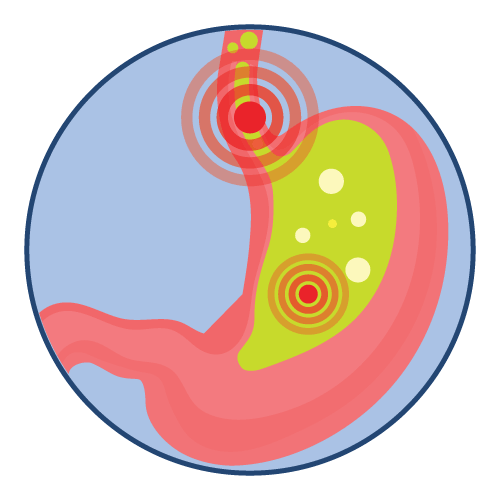| Name | DL-Methionine |
| Classes |
Antidote |
| Diseases |
Acetaminophen Overdose Toxicity |
DL-Methionine
Methionine is a sulfur-containing amino acid. Amino acids are the building blocks for protein production in our bodies. Meat, fish, and dairy items all contain methionine. It plays a crucial role in the body's numerous functions. Methionine protects the liver from the harmful effects of acetaminophen breakdown products in acetaminophen intoxication. It may also function as an antioxidant, assisting in the repair of damaged tissues.
Methionine is used as an antidote for acetaminophen poisoning or overdose.
The usual dosage is: 2-5 g oral methionine every four hours up to a total dose of 10 g.
- Methionine can cause changes in blood acidity and should not be used by persons who suffer from acidosis.
- Methionine has been linked to the worsening of atherosclerosis. Methionine can raise homocysteine levels in the blood, particularly in persons who don't get enough folate, vitamin B12, or vitamin B6, or in people whose bodies have difficulties digesting homocysteine. Too much homocysteine has been related to an increased risk of heart and blood vessel disease.
- Methionine may aggravate liver disease.
- In patients with schizophrenia, high doses of methionine (e.g., 20 g/day for 5 days) might cause confusion, disorientation, delirium, agitation, listlessness, and other symptoms.
Contraindication
There is no known contraindications of methionine.
There is no known contraindications of methionine.
There is no known contraindications of methionine.
 Bangla
Bangla English
English



